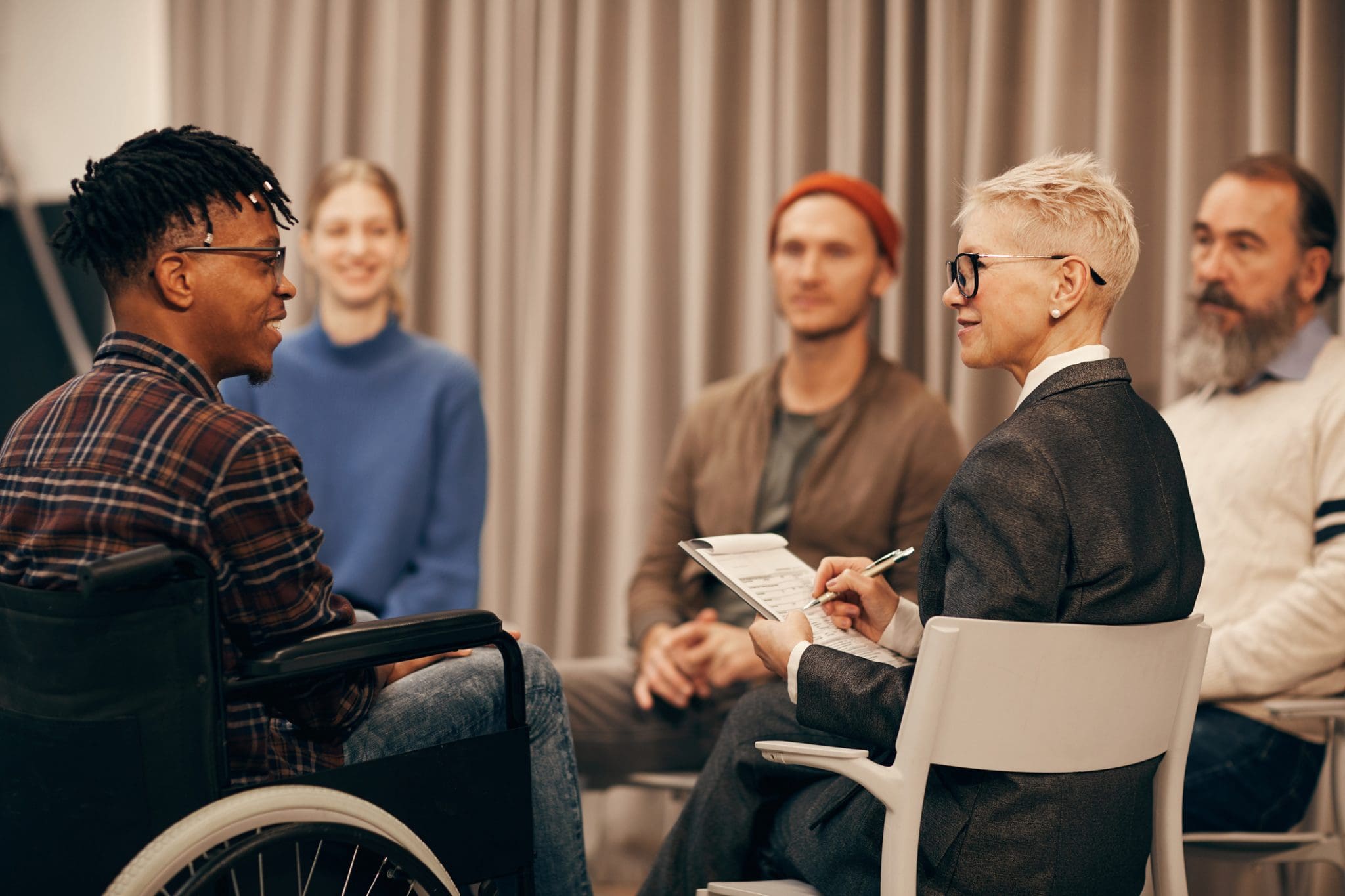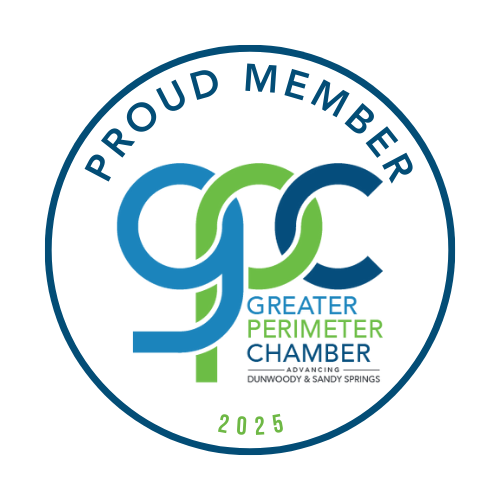It is natural for people to want to help their loved ones. Isn’t part of being family and friends offering the compassion and support they need – especially when times are difficult. After all, when someone you care about is sick or needing help, isn’t your first instinct to help them in any way you can?
Sometimes, however, when a person is struggling with drug or alcohol addiction, family members may not realize they are enabling behavior for their loved one when they think they are helping them. How can you know if your efforts to help are truly helping your loved one or enabling behavior that is harmful to him or her?
What Does It Mean to Enable Someone’s Behavior?
Understanding what defines helping vs. enabling is the first step to stopping. If you learn you are enabling your loved one’s addiction, you can take steps to stop enabling them.
Helping is doing something for an addicted person that he or she could not do for himself if sober. It also does not protect the person from any consequences associated with the actions they take as an addict.
Enabling is different than helping. Enabling behavior is performing acts for a person who has a substance abuse problem that they could do on their own if they were sober. If anything you do is protecting the addict or alcoholic from the consequences of his actions, you might be enabling him to continue making poor decisions and continue using drugs or alcohol rather than getting treatment.
Examples of Enabling Behavior Towards an Addict
There are several signs you can watch for that show someone might be enabling an addict.
- Ignoring potentially dangerous or negative behavior, ranging from overlooking problems to denying the fact that a problem exists.
- Prioritizing the needs of an addict before their own, taking helping a step so far that the enabler’s needs are not met.
- Experiencing difficulty expressing emotions – especially if the enabler feels there might be negative repercussions.
- Covering the addict’s behavior by lying or making excuses for them. Covering behavior can also include taking on their share of duties or chores or loaning them money or paying bills for them.
- Blaming situations or other people for the consequences the addict experiences.
- Resenting the addicted person.
- Believing the addict will overcome addiction alone.
How to Get Your Loved One Help With Their Drug Addiction
One thing you should do if you have been enabling your loved one is to take steps to stop enabling them. Some steps you can take to stop enabling behavior of your loved one include:
- Set boundaries: Rather than hindering your loved one from experiencing the negative effects of addiction, don’t interfere so they can experience the consequences of their actions.
- Follow through: If you plan to stop giving them money or ask them to move out of your home for a time, stick to your word. If you make plans to do something with them and they are too intoxicated to join you, do it without them.
- Be honest: If you find you are lying to support the addicted person or ignoring signs, you are enabling them. Don’t keep their secrets and be honest.
- Get help: Not only does the addicted person need help, but you do too. Consider looking for therapy for yourself to help you stop enabling your loved one. Talking to others at a support group can make a huge impact and offer you the necessary support system to stop enabling your loved one.
Atlanta Recovery Place has a professional team of compassionate counselors who are ready to help you and your loved one through the difficult road of addiction. Contact us today to get your loved one on the path to recovery as well as to find support for yourself.









